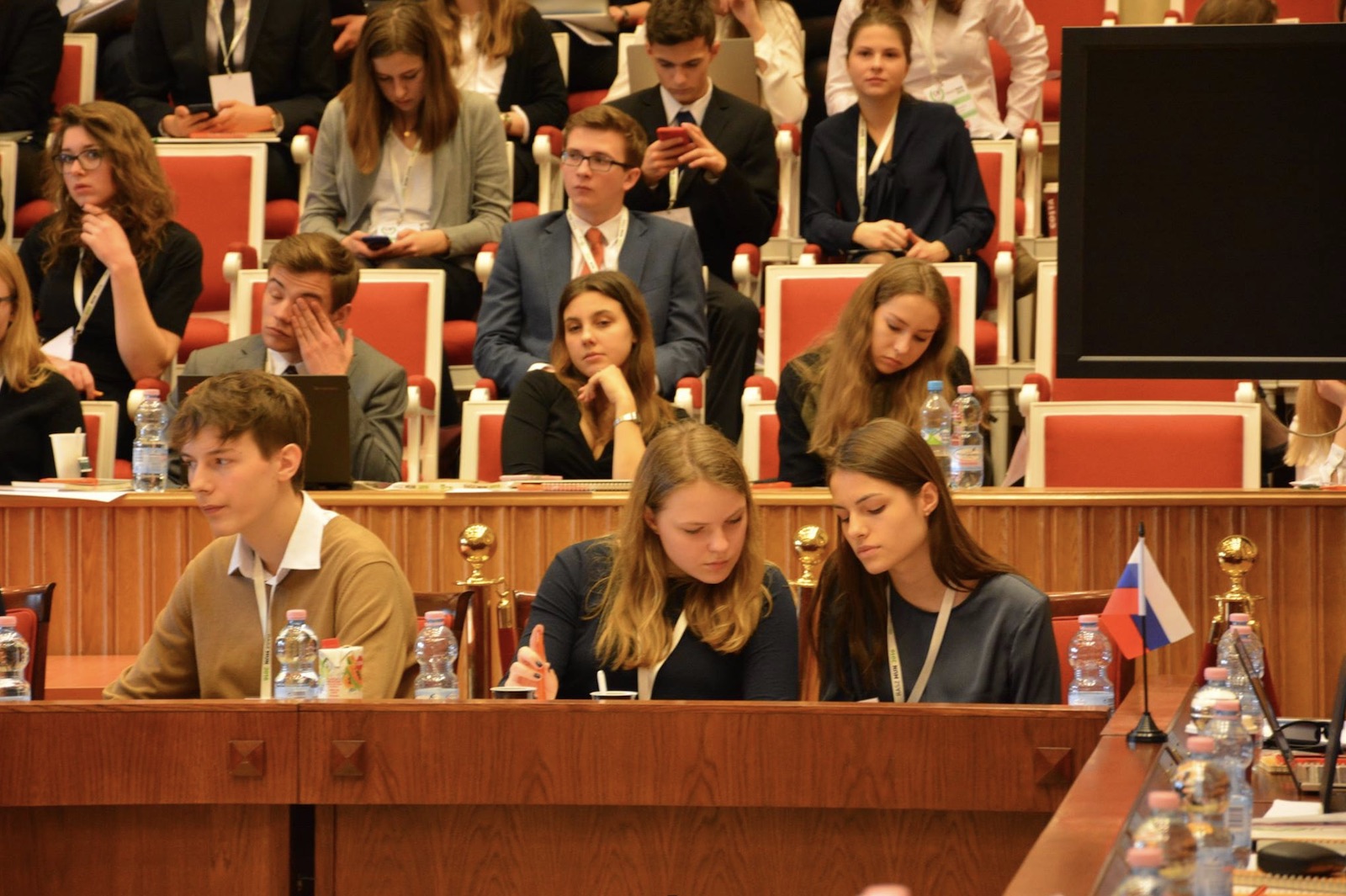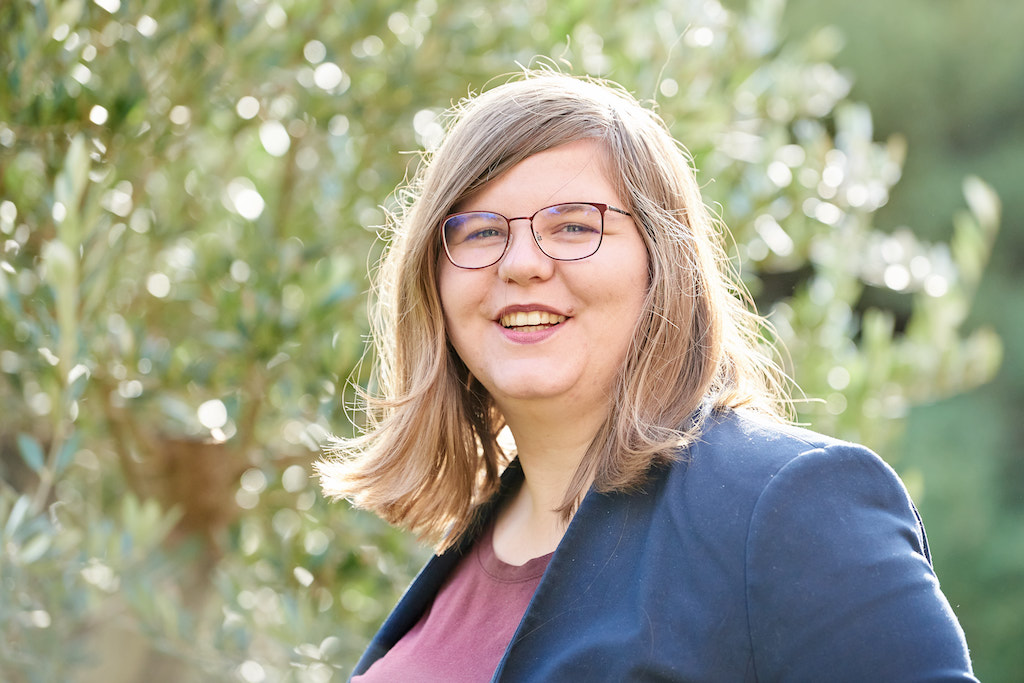
Many people say that teenagers are only messing around and doing nothing good for the world. However, some could be surprised about the fact that there are quite a few young people actively involved in attending MUNs – the Model United Nations conferences.
What are MUNs?
Aforementioned event is a big gathering arranged, as the name suggests, to reflect the pattern of the broadly known United Nations organization. What’s interesting is that people attending this conference are not only college students but also high school and sometimes even elementary school teenagers.
Generally speaking, the MUNs are the simulations of the real UN meetings where the role of the attending delegates is to seek compromises and develop new ideas about the ongoing problems all around the world.
How MUNs work?
The question is how it all works. To begin with, each student represents a country chosen from the smallest ones on the map to the biggest of all. The groups of students then stand as the delegation of a given nation and they are to be called “delegates”. It shall be a source of pride and an outmost joy for an individual student to act on behalf of the country they have chosen. Then, it is the responsibility of each delegate to prepare beforehand research regarding the chosen country’s policy.
What’s worth mentioning is that not only place on the world’s map is significant but also the committee in which the delegate decides to debate. This shall vary as there are many bodies related to the real UN which overall are the fundamentals of the organization – beginning from the Security Council up to the World Health Organization. Similar to the topics which alternate depending on each conference.
Past and present
Now let’s discover the deep roots of the MUNs. The history is of considerable length as the beginnings reach the year of 1921 when the Model League of Nations had been formed in the Oxford University and led by the students.
After the Second World War in 1945 the League has been transformed into the Model United Nations and then followed by the Swarthmore college in 1947 which soon became the first to have hosted this conference with over 150 students participating.
In Poland, there are many such conferences. Not only in Warsaw but also in different cities such as Katowice, Szczecin and Płock. Everyone can apply who are in high school or college. It’s a great opportunity and a lot of fun! See you there!
Interview with MUN “veteran” Nathalie Ferko.

Julia Burzyńska: I would like you to tell me something about yourself. What do you study?
Nathalie Ferko: I study Political Science and Human Geography at my bachelor’s degree and in my masters I study Political Science. At my bachelor’s degree I focus on International Organizations, International Relations. On my masters I focus on Political Parties and different sorts of democracy.
JB: So tell me how your journey with MUNs have started?
NF: I started in 2015, when I saw the advertisement from MainMun Team and the conference in 2015 was directly in my exam phase so I skipped the conference but I applied to be the member of the team. Then I started to work in the team, to prepare the conferences throughout the years- 6 years. We also travelled to other cities. National and International Muns. We participated there as chairs, delegates, crisis stuff.
JB: What was your experience after the first MUN?
NF: The first MUN I was Uganda in the Social, Cultural and Humanitarian committee, we were talking about the access to water as a human right.
It was quite interesting to learn about different point of view , me as a German citizen I have a different approach to the topic than the delegate of Uganda. I was working on the topic trying to figure out what the measures that the country has taken are and also if they have best practice examples.
Afterwards I had represented also different countries, for example Israel, Uzbekistan, China , Russia, USA or Sweden. They all have different points of view and it’s interesting to work on this point of view and get the feeling how to debate for different countries.
It was quite inspiring. I am the member of the team for 6 years now and were also part of the secretariat several times.
Model United Nations is the best way to improve debating skills, to find common solutions and also for the international approach.
It’s always nice to find new international friends and to see the improvement the delegates made throughout the conference. So those are the things I’m liking the most about the Model United Nations.
JB: Do you think that its true that people who attend MUNs are only interested in politics?
NF: I think it’s not true. I think it’s sometimes hard to find delegates who are not studying Political Science or interested in Politics. We also have in the board members who are studying Economics, Medicine, American studies, English literature. That are all like different subjects.
I think it’s not only talking about politics, Its talking about ideas, for the international community to find solutions to the most urgent issues at hand and also to find common ground.
So that’s the aim and its not depending on the interest in politics or the subject you are studying.
Julia Burzyńska, MYP1(ic)